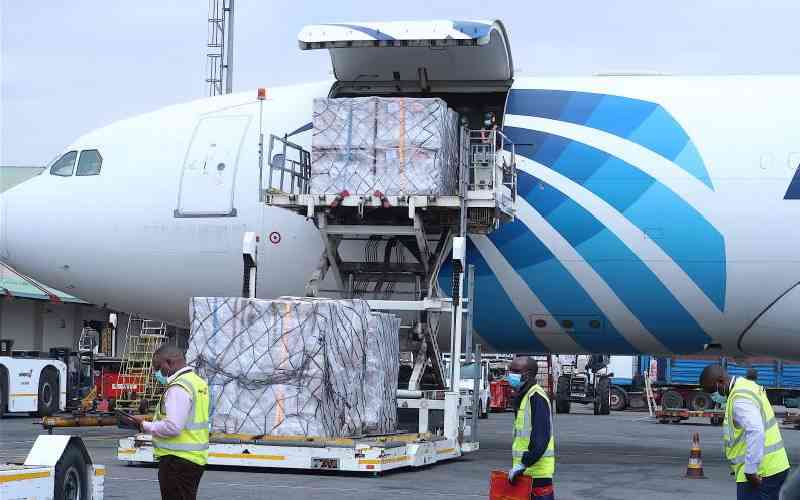×
The Standard e-Paper
Kenya’s Boldest Voice

A delegation from Kenya had to fly to Greece to witness the printing of ballot papers, and another to the UK to witness the printing of exam papers for primary and secondary schools.
Unless there is a dispute, the ballot paper has no use beyond the voting day.